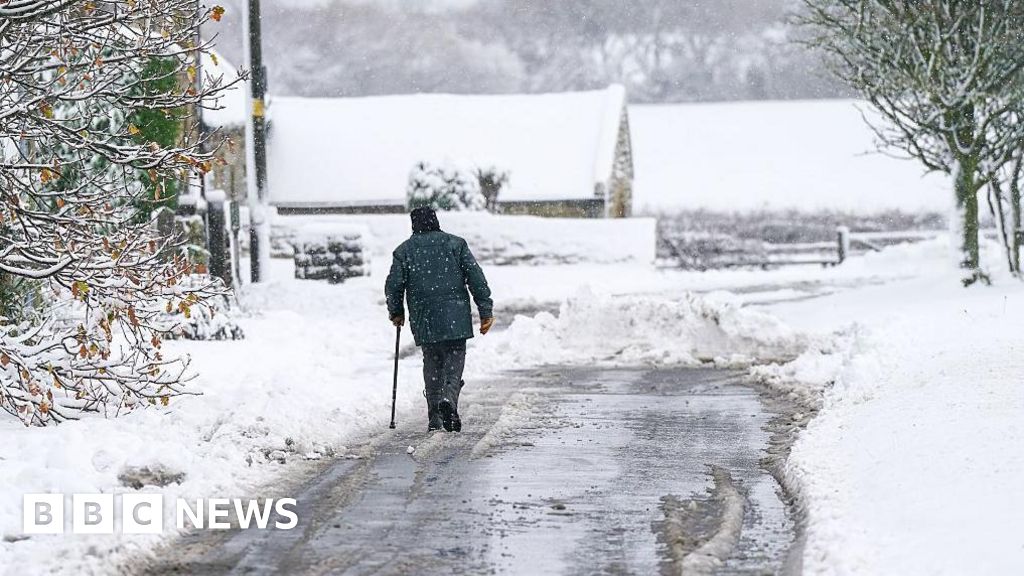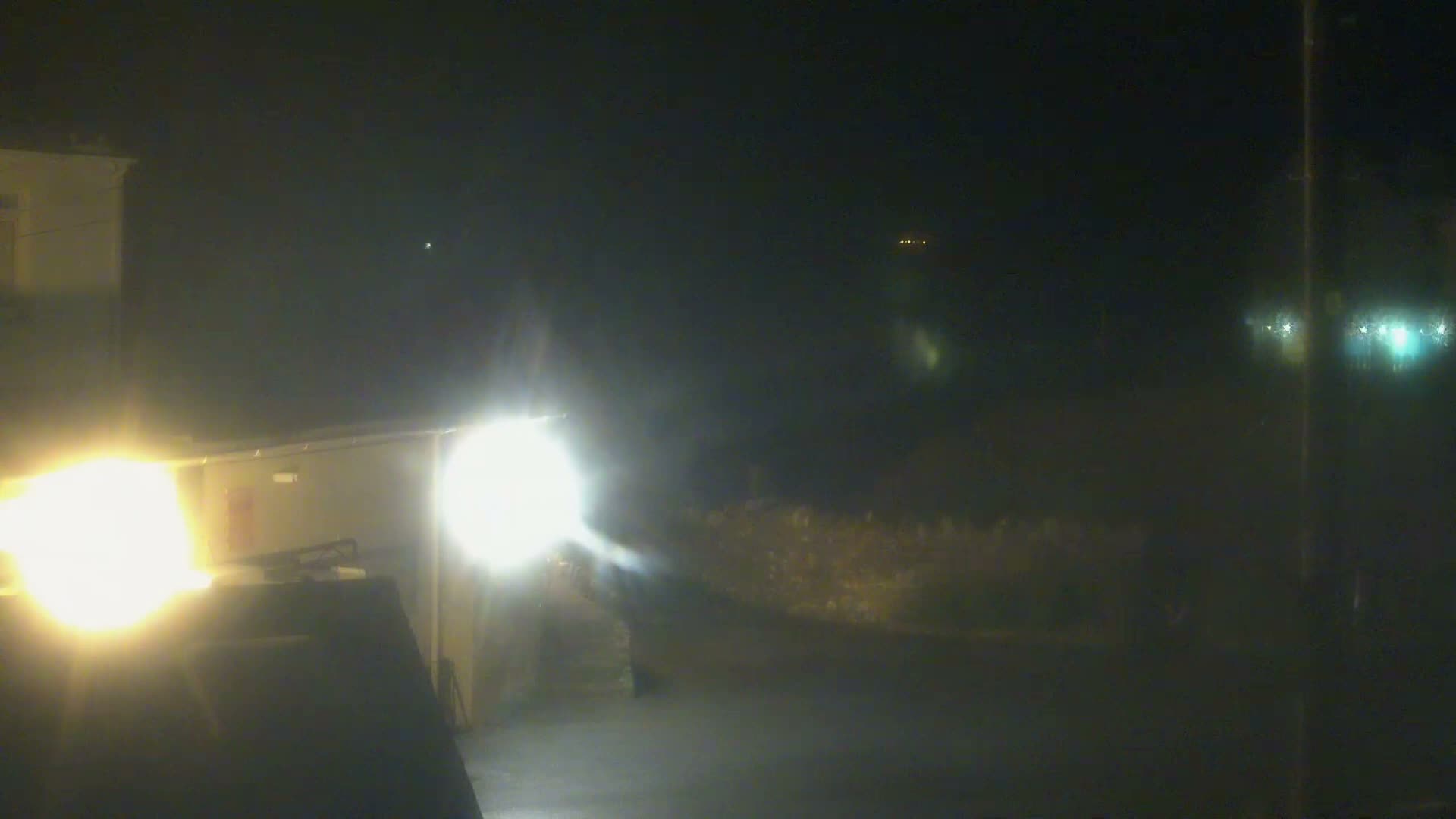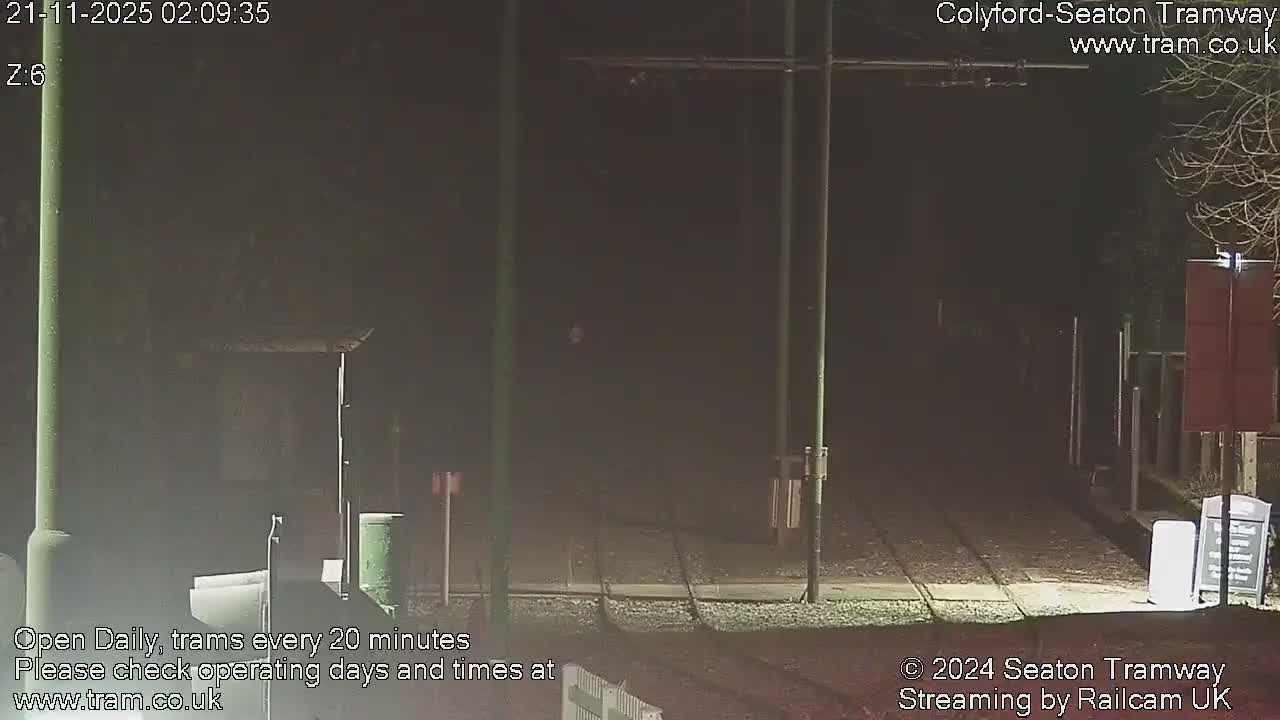UK Households Face Unexpected Energy Price Cap Hike in January Amid Rising Bills & Government Policy Costs: What You Need to Know
 United Kingdom
Energy
United Kingdom
Energy

Ofgem announces an unexpected 0.2% energy price cap rise for UK households in January, driven by government policies like Sizewell C. Bills remain high, with re
UK Households Face Unexpected Energy Price Rise in New Year
UK households are set to experience an unexpected uptick in their gas and electricity bills starting in January, as energy regulator Ofgem has announced a modest 0.2% increase to its price cap. This adjustment, coming at the height of winter, affects millions of consumers on variable tariffs across England, Wales, and Scotland, and has caught many by surprise, especially after earlier forecasts suggested a potential decrease.
Understanding the Reasons Behind the Cap Hike
The driving force behind this unanticipated rise is primarily attributed to government policy costs and the operational expenses associated with energy infrastructure, including funding for major projects like the Sizewell C nuclear plant. While wholesale energy costs have shown signs of stabilizing, they continue to represent the largest component of household bills, leaving consumers vulnerable to price volatility, as highlighted by Ofgem's Tim Jarvis.
The Broader Impact: High Bills and Mounting Debt
Despite this slight increase, overall prices will remain marginally lower than the corresponding period last year. However, campaigners like Dame Clare Moriarty from Citizens Advice emphasize that bills are still drastically higher than pre-energy crisis levels, with further increases anticipated in April. Citizens Advice points to a worrying trend: unpaid energy bills and charges owed to suppliers have surged to a record £4.4 billion. In response, Ofgem is reportedly planning initiatives that could see energy companies write off up to £500 million of this consumer debt early next year.
For a typical household consuming 11,500 kWh of gas and 2,700 kWh of electricity annually, the new cap translates to an approximate £3 rise, pushing their annual bill from £1,755 to £1,758. It's crucial to remember that the cap limits the unit price, not the total bill, meaning higher consumption leads to higher costs.
Expert Perspectives and Future Outlook
Energy consultancy Cornwall Insight, which had initially predicted a cap reduction, now suggests this announcement could signal a new phase where government policies, rather than wholesale prices, become the primary driver of rising bills. Dr. Craig Lowrey, a principal consultant, warned that additional increases are likely in April due to network operating costs and the transition to net zero. He stressed that investing in a low-carbon system offers long-term energy security and stability, despite immediate affordability concerns.
Political Debate and Government Support
The discourse around energy costs has also become a political battleground. The government has hinted at potential cost-of-living support in the upcoming Budget, with VAT removal from energy bills (potentially saving £80 annually) being one option. Energy Minister Martin McCluskey affirmed immediate action, citing the expanded Warm Home Discount. Conversely, the Conservatives criticize Labour's net zero policies, claiming they make energy unaffordable and contribute to higher bills, a point disputed by Labour.
Practical Advice for Consumers
In the face of persistent high bills and colder weather, consumers are encouraged to take proactive steps. Ofgem's Tim Jarvis advises shopping around for fixed tariffs, while Energy UK's Dhara Vyas recommends contacting providers for assistance with payment difficulties, efficient appliance advice, tailored tariffs, or benefit checks. Simple measures like improving insulation, heating only occupied rooms, and layering clothing can also help manage energy consumption and costs.





